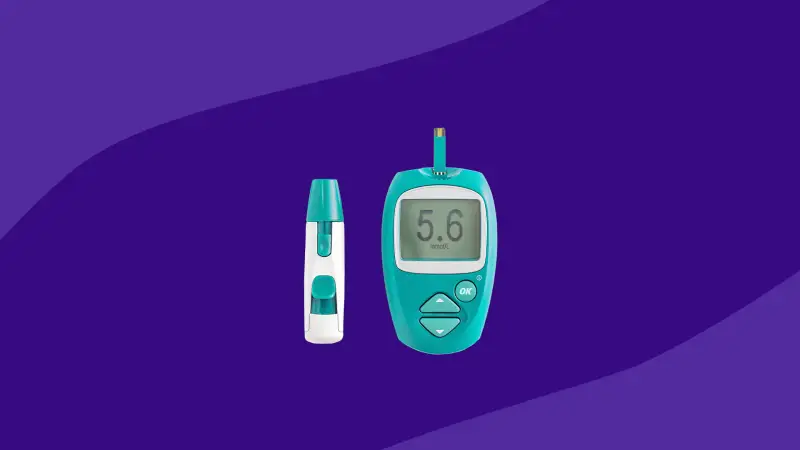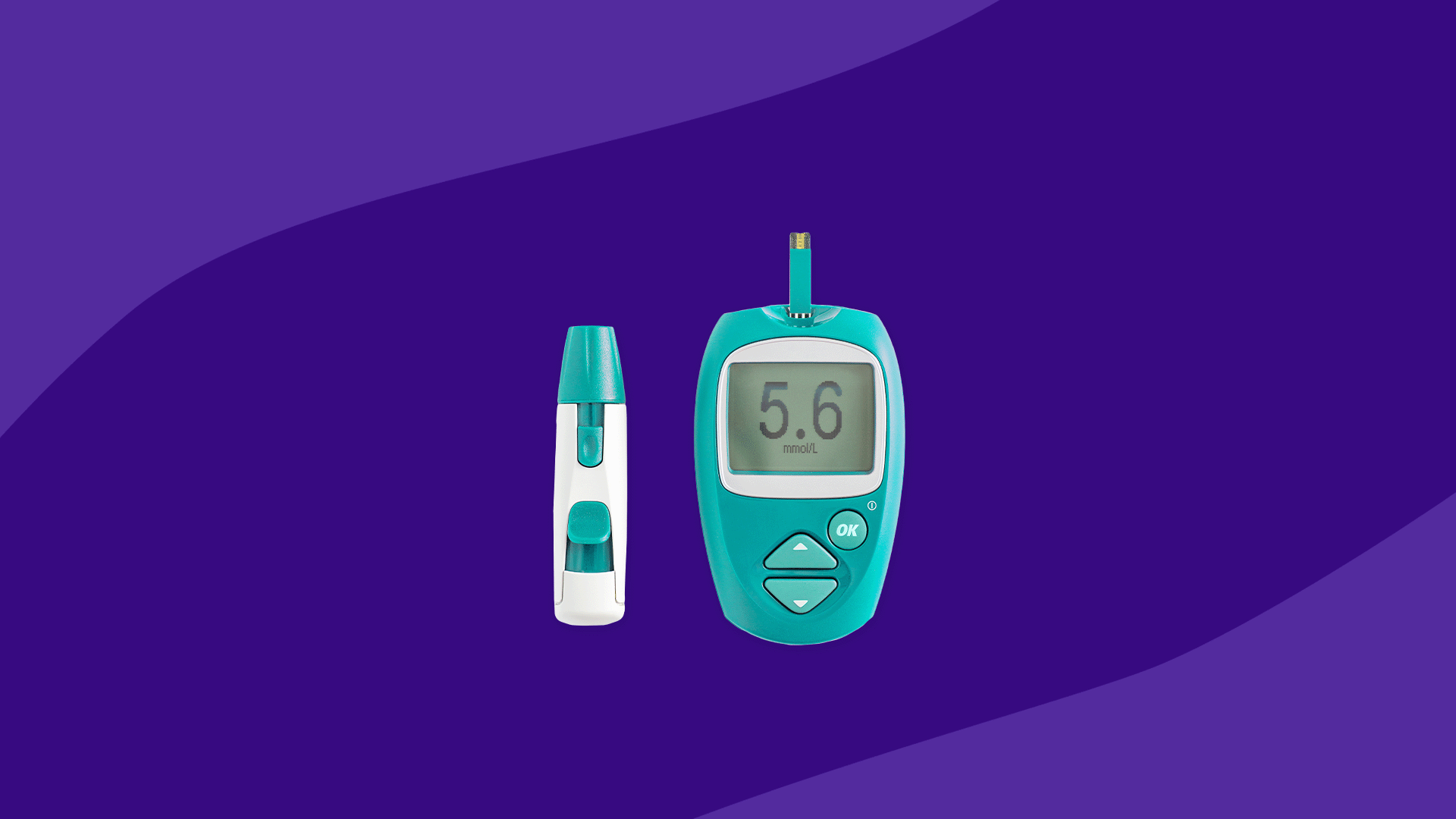Waking up to discover that your blood sugar is higher than expected can be confusing and even discouraging. Many people assume that not eating overnight should naturally result in lower glucose levels, yet the opposite often happens. This unexpected rise is one of the most common challenges for individuals managing diabetes or prediabetes.
Morning blood sugar spikes are not just random occurrences. They are often tied to the body’s internal clock, hormonal shifts, and the way the liver regulates energy during sleep. Understanding these natural processes is essential to finding long-term solutions, especially for those who want to manage their condition without relying solely on medication.
The problem is more than just a number on a glucose meter. High morning blood sugar can influence energy levels, mood, appetite, and overall health throughout the day. Without proper control, it can also contribute to long-term complications related to heart, kidney, and nerve health.
Fortunately, there are natural ways to manage and even prevent these spikes. By learning the underlying causes and adopting targeted lifestyle strategies, it is possible to keep morning glucose levels within a healthier range and improve overall well-being.
Why Blood Sugar Is High in the Morning

The Role of Hormonal Rhythms
The human body operates on a circadian rhythm that influences energy balance and hormone production. During the early morning hours, hormones such as cortisol, growth hormone, and adrenaline are released to help the body prepare for the day. These hormones trigger the liver to release glucose into the bloodstream. In a person without diabetes, the pancreas responds by producing enough insulin to balance this release. However, in those with diabetes or insulin resistance, the body struggles to handle the extra glucose, leading to elevated morning blood sugar.
This natural process is not a sign of poor management alone; it reflects how the body is wired to maintain survival. The challenge arises when insulin signaling is impaired, making it harder for cells to absorb glucose efficiently. As a result, what should be a gentle rise becomes a noticeable spike that shows up on a blood glucose meter.
Hormonal rhythms are difficult to stop, but they can be moderated. Lifestyle adjustments, stress management, and optimizing sleep quality can influence how strong the hormonal surge is and how much glucose is released.
The Dawn Phenomenon Explained
The dawn phenomenon is a well-documented explanation for high blood sugar in the morning. It occurs between 2 a.m. and 8 a.m. when the body naturally releases glucose to prepare for waking. While this is beneficial for someone with normal insulin sensitivity, it creates problems for those who cannot compensate with enough insulin.
The intensity of the dawn phenomenon varies from person to person. For some, it causes only a slight rise in glucose, while for others, it can result in consistently high morning readings. Stress, poor sleep, and even late-night eating can amplify this effect, making it harder to manage.
Identifying the dawn phenomenon requires regular monitoring, including checking glucose levels at different times during the night. By understanding whether this natural process is at play, individuals can take steps to minimize its impact through both lifestyle choices and adjustments to evening routines.
The Somogyi Effect and Rebound Hyperglycemia
The Somogyi effect, also known as rebound hyperglycemia, is another possible explanation for high morning blood sugar. This occurs when blood sugar drops too low during the night due to excess insulin, late-night exercise, or inadequate food intake. In response, the body releases stress hormones that cause the liver to produce glucose, leading to high levels in the morning.
Unlike the dawn phenomenon, which is predictable and consistent, the Somogyi effect is often erratic. It may happen on some nights but not others, depending on insulin dosage, food timing, and overall metabolism. People experiencing the Somogyi effect may notice restless sleep, night sweats, or vivid dreams as a result of nighttime hypoglycemia.
Addressing this effect naturally requires paying closer attention to evening routines. Ensuring a balanced meal with protein, fiber, and healthy fats before bed can help prevent blood sugar from dipping too low. Reducing alcohol and adjusting evening physical activity may also reduce the risk of rebound hyperglycemia.
Natural Strategies to Control Morning Blood Sugar
Importance of Evening Meals
Dinner plays a crucial role in determining morning blood sugar levels. Meals high in refined carbohydrates can cause a spike followed by a rapid drop, setting the stage for overnight fluctuations. Instead, focusing on balanced meals with lean protein, non-starchy vegetables, and whole grains can help maintain stable glucose levels throughout the night.
The timing of the evening meal is equally important. Eating too late may keep blood sugar elevated into the night, while eating too early without a light bedtime snack may lead to lows that trigger rebound effects. Finding the right balance is highly individual, but consistency helps the body adapt to a predictable routine.
Even simple changes such as incorporating fiber-rich foods or choosing a protein-based snack before bed can make a significant difference in how stable glucose levels remain overnight.
Impact of Sleep Quality
Sleep is one of the most overlooked factors in blood sugar management. Poor or insufficient sleep disrupts hormonal balance, leading to higher cortisol levels and reduced insulin sensitivity. This makes it harder for the body to regulate glucose effectively, resulting in higher morning readings.
Creating a consistent sleep routine can improve blood sugar control naturally. Going to bed and waking up at the same time each day helps regulate the circadian rhythm. Limiting screen time before bed, maintaining a cool and dark sleeping environment, and practicing relaxation techniques can further support restorative sleep.
Research has shown that even one night of poor sleep can significantly raise morning glucose levels. Therefore, prioritizing quality sleep is not just about feeling rested but also about stabilizing blood sugar.
Role of Physical Activity
Exercise is a powerful tool for managing blood sugar, but the timing and intensity matter. Engaging in light to moderate physical activity in the evening can improve insulin sensitivity overnight, helping reduce morning spikes. Activities such as walking after dinner, stretching, or yoga can support stable glucose without overstimulating the body.
High-intensity workouts late at night, however, may have the opposite effect. They can cause stress hormones to rise, leading to elevated glucose that persists into the morning. Choosing the right form of exercise that fits into your lifestyle can make a meaningful difference in natural blood sugar control.
Stress and Hormonal Balance
Stress is another hidden contributor to morning hyperglycemia. When stress levels are high, cortisol remains elevated, causing the liver to release more glucose. This can make morning spikes worse, even if meals and activity are well managed.
Incorporating stress management techniques into daily life can help reduce this effect. Practices such as deep breathing, meditation, journaling, and spending time in nature have all been shown to lower cortisol levels. Over time, this can lead to more stable morning blood sugar.
Long-Term Benefits of Natural Control
Reducing Dependence on Medication
While medications play a crucial role in managing diabetes, natural strategies can complement treatment and reduce reliance on drugs over time. Consistently maintaining balanced meals, adequate sleep, regular exercise, and stress control can stabilize glucose levels in ways medication alone cannot achieve.
Individuals who successfully manage morning blood sugar naturally often find that they need lower dosages or fewer medications, though this should always be discussed with a healthcare provider before making changes. The goal is not to eliminate medication entirely but to create a holistic approach that supports long-term health.
Improving Overall Health
Controlling morning blood sugar has ripple effects beyond diabetes management. Stable glucose levels contribute to improved energy, better concentration, and fewer cravings throughout the day. It also reduces the risk of complications such as cardiovascular disease, kidney damage, and nerve problems associated with prolonged hyperglycemia.
Over time, adopting natural strategies for morning blood sugar control can support weight management, healthier metabolism, and a greater sense of well-being. These improvements make it easier to sustain lifestyle changes and continue progressing toward long-term health goals.
FAQs about Morning Blood Sugar
Why is my blood sugar high in the morning even if I do not eat at night?
This often happens due to the dawn phenomenon, where hormones signal the liver to release glucose in preparation for waking. Even without eating, the body produces sugar for energy, which can cause morning levels to rise.
How can I tell if the Somogyi effect is causing my high morning blood sugar?
Monitoring glucose levels overnight is the best way to identify the Somogyi effect. If blood sugar drops low around 2–3 a.m. and then rebounds high in the morning, it is likely due to this effect rather than the dawn phenomenon.
Can stress really make morning blood sugar worse?
Yes. Stress increases cortisol, which triggers glucose release from the liver. High stress levels in the evening or chronic stress throughout the day can significantly impact morning readings.
Does exercise before bed help with morning glucose control?
Light activity such as walking or stretching can improve insulin sensitivity and help stabilize glucose overnight. However, intense late-night workouts may have the opposite effect by raising stress hormones.
What natural changes can I start today to reduce morning spikes?
Focusing on a balanced dinner, improving sleep quality, engaging in evening physical activity, and practicing stress management are all effective natural strategies. Over time, consistency is key to achieving stable results.
Disclaimer: This article is for informational purposes only and is not a substitute for professional medical advice, diagnosis, or treatment. Always seek the guidance of your physician or qualified healthcare provider with any questions regarding your health or medical condition.



